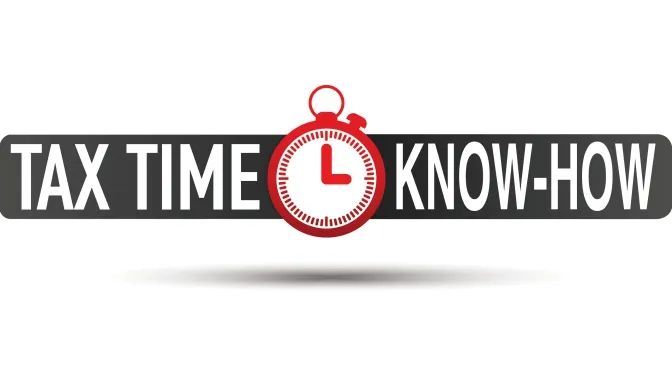
Tax time know-how
Tax season is enough to induce groans for most of us, but when you throw a lot of changes into the mix, as we’ve had in the last couple of years, staying on top of what’s going on can be downright frustrating. While it’s always great to be able to leave your returns to a professional, there are some things everyone needs to be aware of going into this year’s season. We asked Lisa Woods of Woods Accounting to get you up to speed after a dizzying array of recent tax law changes.Here’s what you need to know:
- Itemized deductions: Under the new Tax Cuts and Jobs Act, the standard deduction has almost doubled. In 2017, the standard deduction for a married couple filing jointly was $12,700; for 2018, that number is now $24,000. But don’t throw out those receipts, Woods warned. State tax laws on itemizing deductions haven’t changed, meaning you can still itemize on medical expenses, taxes paid on federal taxes, property taxes and personal property, home mortgage interest, and donations, among other things.
- Health insurance: Starting this year, healthcare is no longer mandated, and taxpayers will not be penalized for not carrying health insurance. However, that is for the 2019 tax year, so you're still liable to pay the penalty if you didn’t have health insurance when you file your 2018 taxes.
- Child Tax Credit: This year, the Child Tax Credit for qualified children increased to $2,000 from $1,000 in 2017. This credit can be claimed if parents filing jointly made less than $400,000, a dramatic increase from 2017’s limit of $110,000 for couples filing jointly. There are also new changes to the 529 college savings plan, so be sure to ask about how that could impact you.
- Other deductions: “If you are looking for ways to lower your tax bill you can look at deductions that help offset your income,” Woods said. “When the taxes are done for 2018, make sure to take a look at the taxes being withheld from your paycheck and make sure enough is being withheld for the federal and state. You can be assessed a penalty if you are not having enough withheld throughout the year.” Other deductions to take advantage of would be Health Savings Accounts, Montana Medical Savings Accounts, contributing to your IRA or retirement.
- State taxes: This year, Montana didn't make a lot of changes to the state tax code. "They followed along with the Feds with what deductions can be claimed and what can't," Woods said. "But ask your tax professional, as some deductions are only Montana-based and depending on income and age, you might qualify for extra credits."
As of press time, there were still more than 30 tax extenders that hadn’t been decided. “With the government shutdown, we are not sure how the 2018 tax season is going to shake out,” Woods said. “When you talk to your tax professional, make sure to ask these questions so you can make sure you are getting all your deductions.”
Originally printed in the pages of Simply Family Magazine’s February 2019 issue.
Check out the digital edition, here!
